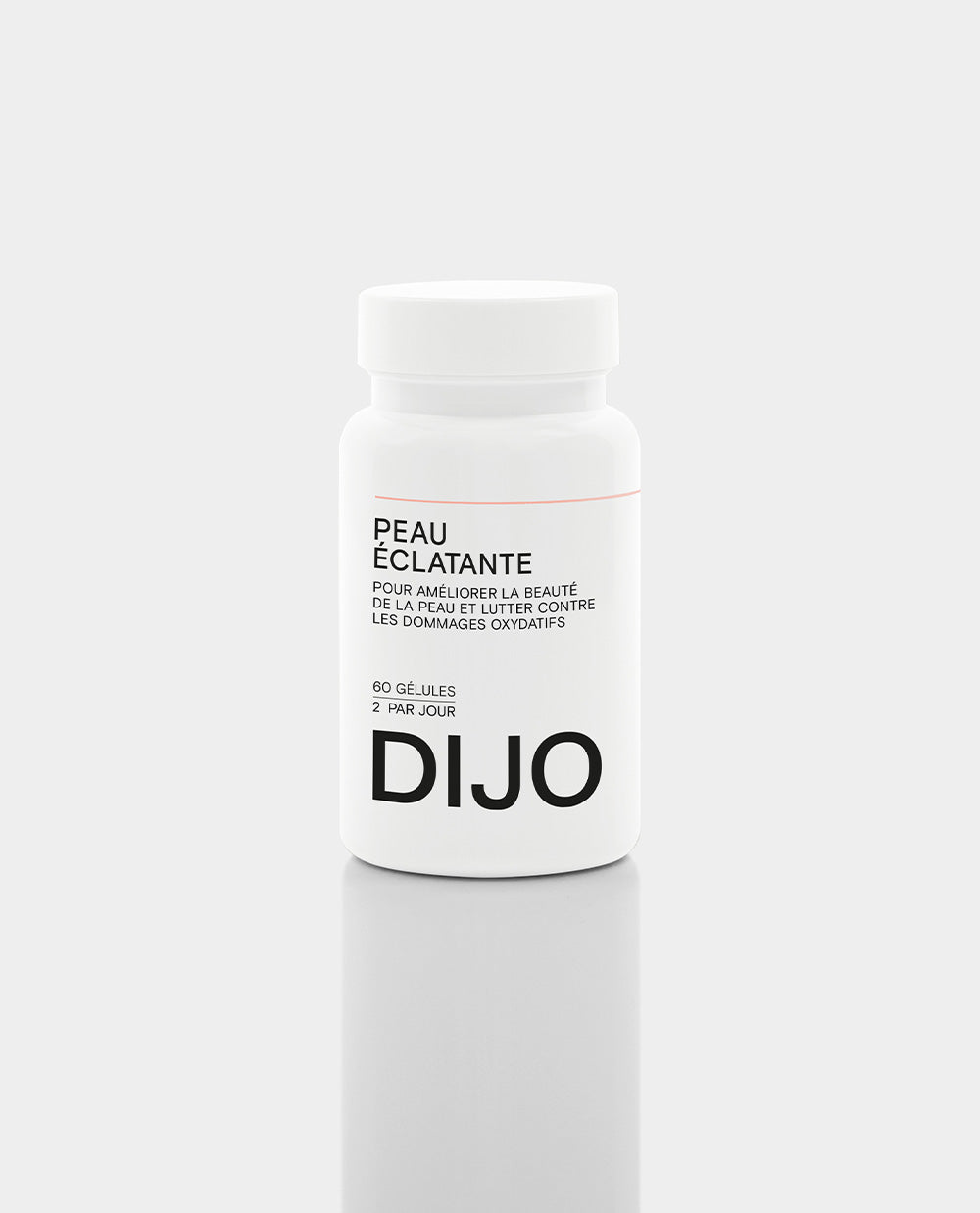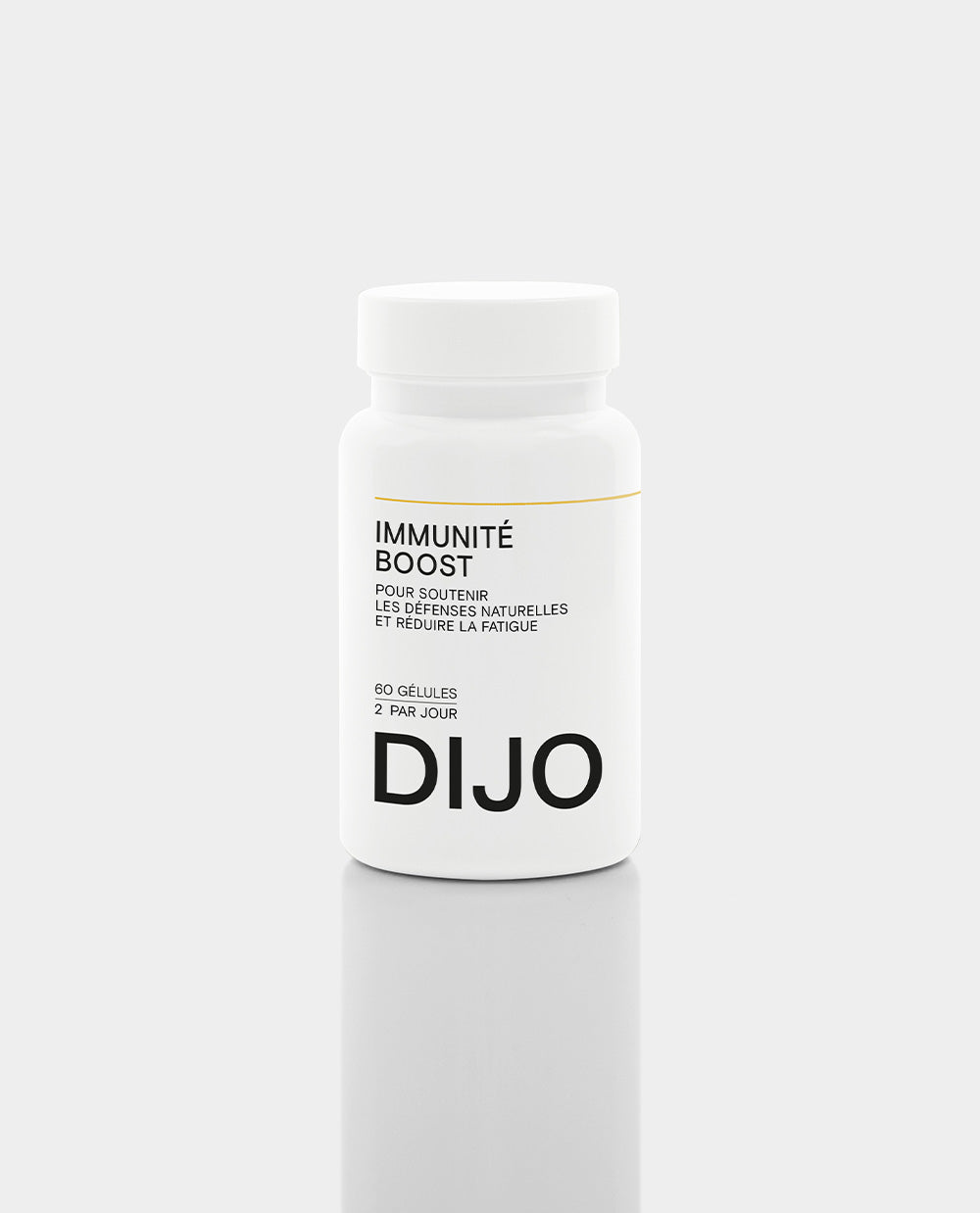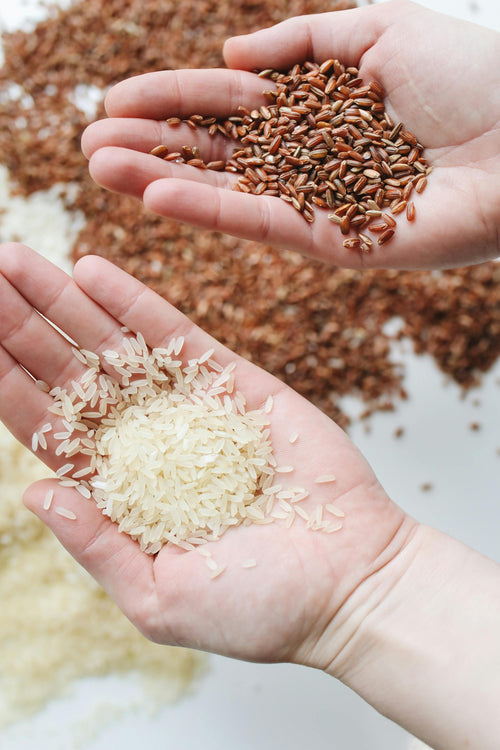Prebiotics play a crucial role in maintaining optimal gut health . They have become a subject of growing interest due to their many benefits for the body. In this article, we tell you everything about the main benefits of prebiotics, the best existing prebiotics and their consumption recommendations.
Prebiotics, the “fuel” of our good intestinal bacteria
Much research has highlighted the importance of prebiotics for intestinal health and balance . However, first of all, find out what is hidden behind this term regularly confused with probiotics!
The word prebiotic comes from the prefix pre- which means before, and “ bios ” meaning life. Thus, it designates a product which “ enables life ” or “precedes life”. In this sense, prebiotics correspond to the substrates of probiotics . These are indigestible compounds which, once ingested, progress throughout the digestive tract without being degraded and which are fermented by intestinal bacteria. But then, what are probiotics?
According to the WHO, probiotics are defined as “live microorganisms which, when administered in adequate quantities, confer health benefits to the host.” These are most often bacterial strains naturally present within our intestinal microbiota and which confer beneficial effects on health. Probiotics enrich the intestinal flora , while prebiotics stimulate its growth . In other words, there is complementarity between Probiotics and prebiotics which will act synergistically to facilitate digestion , maintain good immunity and optimal general health.
The main benefits of prebiotics on the body
By providing a quality nutrient environment for the good bacteria residing within your intestines, prebiotics offer many benefits to your body.
Benefit #1: Promote the growth of beneficial bacteria
Prebiotics provide fuel for the good bacteria in our intestines, such as Lactobacillus and Bifidobacteria, which promotes their growth.
Benefit #2: Maintain the balance of intestinal flora
Prebiotics help maintain a diverse and balanced intestinal microbiota , essential for good digestive functioning and ensuring good health in general.
Benefit #3: Strengthen the immune system
Prebiotics stimulate the body's immune response to external attacks (viruses, pathogenic bacteria, foreign bodies, etc.), which strengthens the natural defenses against infections and diseases.
Benefit #4: Improve digestion and absorption of nutrients
Prebiotics promote better digestion of food, increase the absorption of nutrients (minerals, etc.) and help regulate transit. They are notably known to reduce symptoms linked to irritable bowel syndrome .
Benefits #5: Reduce the risks of inflammatory and chronic diseases
Studies suggest that prebiotics have benefits in reducing inflammation in the body by limiting the proliferation of disease-causing bacteria. Additionally, they may play a role in regulating blood sugar by forming a network around food, promoting a gradual release of sugar into the blood. All this shows that prebiotics can reduce the risk of inflammatory and chronic diseases (obesity, type 2 diabetes, cardiovascular diseases, etc.).
The best prebiotics for health
Know that there is no “ best prebiotic ” since each of them can positively influence health in different ways. However, here are 3 examples of commonly recognized prebiotics and their sources.
1 - Fructans
They help stimulate the growth of Bifidobacteria and other beneficial bacteria, thus supporting the balance of intestinal flora and digestive health. They are found in certain types of grains, such as wheat and rye, as well as vegetables like garlic and onions.
2 - Inulin
It promotes the proliferation of good bacteria and can help regulate digestion, increase satiety and promote better absorption of nutrients. It is present in certain foods such as chicory roots, Jerusalem artichokes, artichokes and asparagus.
3 - Galacto-oligosaccharides
They promote the growth of Bifidobacteria in the gut, which can help strengthen the gut microbiota and support digestive health. They are present in breast milk, fermented milk products, such as yogurt and kefir, as well as some legumes.
Prebiotic consumption recommendations
In order to take full advantage of the beneficial effects of the prebiotics mentioned earlier in this article, it is recommended that an adult consume approximately 25 g of prebiotics daily. This quantity can be achieved by adopting a diversified diet , including vegetables, fruits, legumes and even whole grains.
Here are 5 practical tips to help you integrate more prebiotics into your diet:
-
Consume fermented foods: Yogurt, kefir or even certain cheeses contain natural prebiotics.
-
Increase your intake of soluble fiber: Onions, asparagus, leeks and legumes are good sources of soluble fiber rich in prebiotics.
-
Favor unprocessed foods: Ultra-processed foods tend to have reduced prebiotic content.
-
Cooking foods rich in prebiotics: Discover our TOP 8 essential prebiotic foods.
- Opt for quality prebiotic supplementation: It should not replace a supply of natural prebiotics but can be an interesting supplement to nourish the good bacteria in our intestines.
Generally speaking, make sure you maintain adequate hydration throughout your day. Indeed, prebiotics function optimally in the event of sufficient water intake.
Prebiotics, for whom?
Daily consumption of prebiotics is recommended for everyone, regardless of age, as long as there are no specific contraindications by a healthcare professional. However, some people may benefit more from prebiotics by helping them resolve their problems.
-
People with digestive disorders: Prebiotics can help regulate digestion and improve intestinal comfort in people with digestive disorders such as irritable bowel syndrome or constipation .
-
People following antibiotic treatments: Antibiotics can disrupt the balance of intestinal flora by also eliminating good bacteria. Prebiotics can help restore and strengthen the health of intestinal flora after antibiotic treatment.
-
People with weakened immune systems: Prebiotics can support immune function by promoting the growth of good bacteria in the gut, which play a key role in the immune response.
- People looking to maintain optimal overall health: Prebiotics may help with gut health, nutrient absorption, weight regulation, blood sugar management, and reduction of inflammation, which can have a positive impact on overall health.
Our range of DIJO prebiotics, for you & your goals
At DIJO, we have taken it to heart to offer you an exclusive range of prebiotics specially designed to meet your goals. Whether you want to regulate your weight, increase your energy or improve the quality of your skin, our products will be your allies and will give you a real boost!
1 - Prébio Slim prebiotics to help you regulate your weight
With Prébio slim, benefit from a selection of ingredients chosen for their action on fat metabolism and energy expenditure. In association with a healthy and balanced lifestyle, benefit from a real boost in your metabolism for better weight management .
2 - Prébio Beauty prebiotics for healthy skin
Prébio Beauty is a combination of 5 active ingredients to boost the radiance and elasticity of your skin , as well as flavonoids with a prebiotic effect which will strengthen your intestinal microbiota to allow you to regain healthy and luminous skin.
3 - Prébio Energy & Immunity prebiotics for a boost of vitality
Our Prébio Energy & Immunity supplement brings together plants, such as Guarana and Ginseng, and nutrients, such as Vitamin C, to strengthen your immune system and say goodbye to fatigue.



























